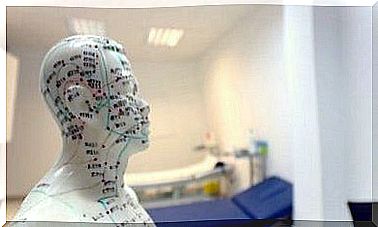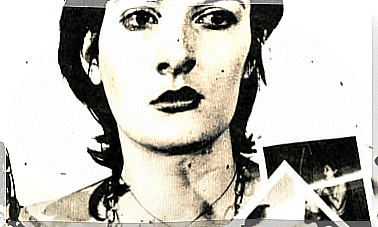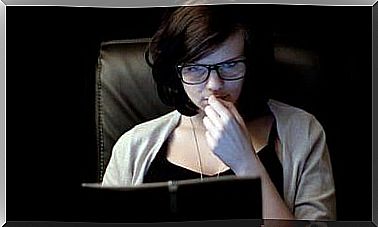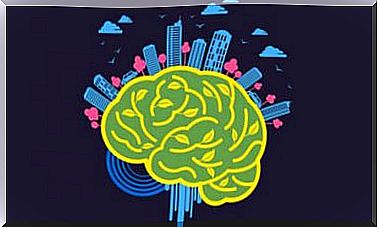Illusion Of Control In Therapy: A Bad Reason To Stop

Have you ever heard of the illusion of control in therapy? This is a very interesting topic and one of great importance for those undergoing psychological counseling.
There are times in our lives when we wonder if it would be appropriate to go to a psychologist. We doubt, we are afraid and we ask the people we live with. We may even look to alternative medicine and pseudoscientific therapies to find some peace. We try to find the way out and turn to a specialist. Sometimes the well can be so deep that we think all hope is lost in the absence of light.
Once you’ve established goals with the therapist and with basic energy and availability, we move forward. The mountain that seemed unreachable begins to look accessible. We’re getting better and we’re starting to make our own progress, we’re believing more and more in ourselves… At this moment, phrases like “I can do it”, “nothing bad has happened”, “what’s bad, I I discover good moments”. However, when is the time to stop doing therapy?
the illusion of control
The illusion of control is known to all psychologists and people, even if they haven’t thought about it. Among the reasoning and thinking tools that human beings develop, we have distortions.
One of the best known is the idea of control. It refers to the feeling of dominating or controlling elements that don’t really depend on us. The clearest example is that of the casino player. He considers using strategies on elements of an uncontrollable game (such as roulette).

During therapy, and especially in certain diseases, there is a risk associated with this idea of control. In psychology sessions, one of the problems that can arise is exactly this illusion. It is natural that the moment we are freed from many of the shackles and chains of negative thinking, we reach a point of well-being where doubt disappears.
Thinking “I’m fine now” is positive, but we must contrast this thought with reality and never lose sight of perspective. This is one of the goals that psychologists must work together in therapy. Of all the possible reasons why a person might stop doing psychological therapy, the illusion of control is one of the most harmful because of the consequences of unexpected relapses.
The importance of follow-up in therapy
When we reach that point in therapy where we get results, we continue with the directions and even propose goals and make decisions. We find ourselves at the beginning of well-being. This is very positive.
However, abandoning harmful thoughts and bad habits does not mean “controlling”. It is at this point in therapy where we need to be more aware and not let go of what made us better. If the initial requirement has been met, it is best to design a prevention plan that continues the results obtained in therapy. In the follow-up phases, difficulties associated with the strategies put into practice for improvement are worked out.

What happens when we have a relative or a close person who is at that point? The ideal is to reinforce the maintenance of new habits and strategies that made it get there. Beware of self-deception. Certainly, the therapist, little by little, schedules fortnightly, monthly, quarterly and semiannual sessions before the definitive discharge.
He will begin the “follow-up” and oversight process. At this point, the question of whether I am fine or if my loved one is fine may arise. The risk is to remain only in the statement “I’m fine” when the important thing is to confront this illusion of control, to assess the path taken, and not the objective achieved. It must not be forgotten that the objective is a consequence of the small goals achieved.









